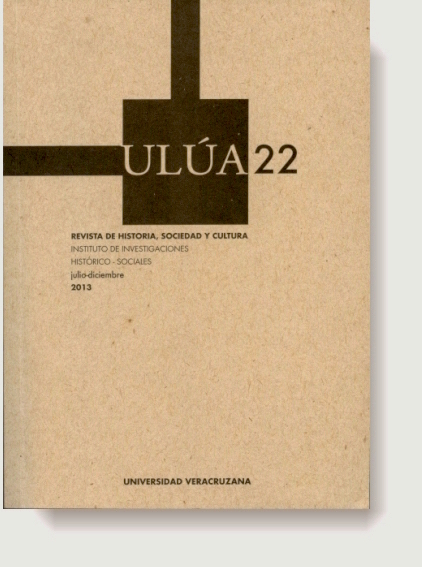Abstract
En los territorios de la América española, el corso constituyó una de las formas que usó el gobierno de Su Majestad católica para erradicar la inseguridad y la evasión fiscal en su comercio marítimo. El presente artículo analiza la organización y las correrías de los corsarios de la isla de Santo Domingo durante el siglo XVIII. Se pone especial énfasis en las formas en que estos particulares con derecho de patrullaje y requisa obtenían ingresos por incautar contrabando, y cómo, a través de esas ganancias, lograron ascender en la escala social de la época. Las pesquisas muestran que estos “vigilantes” de Santo Domingo, lejos de ser una fuerza menor y aislada del contexto caribeño, estuvieron bien organizados, realizando incursiones exitosas que perjudicaron las transacciones fraudulentas de los rivales europeos de España y beneficiaron las economías de la isla, el Caribe y la metrópoli.
The Legal, Economic and Social Organization of the Spanish Privateers from the Island of Santo Domingo: its Role in the Pursuit of Illicit Trade in the Eighteenth Century
In the territories of Spanish America, privateering was one of the measures that the government of his Catholic Majesty used to combat insecurity and tax evasion in its maritime trade. This study analyzes the organization and the activities of the privateers of the island of Santo Domingo during the eighteenth century, with special interest in the ways in which these individuals, who enjoyed the right to maintain surveillance over trade routes and confiscate contraband, earned revenue from seizing smuggled goods allowing them to ascend the social ladder of the period. The research demonstrates that this group of Dominican “watchmen”, far from being a minor and isolated force in the Caribbean, was well organized and able to carry out successful raids that affected the fraudulent transactions of Spain’s commercial rivals while benefiting the economies of the island, the Caribbean and the Metropolis.
Ulúa se rige bajo una licencia de Creative Commons de Reconocimiento-No Comercial-Sin Obra Derivada CC BY-NC-SA 4.0 que autoriza la reproducción total o parcial de los artículos aquí presentados, siempre y cuando se cite la fuente completa y su dirección electrónica.

